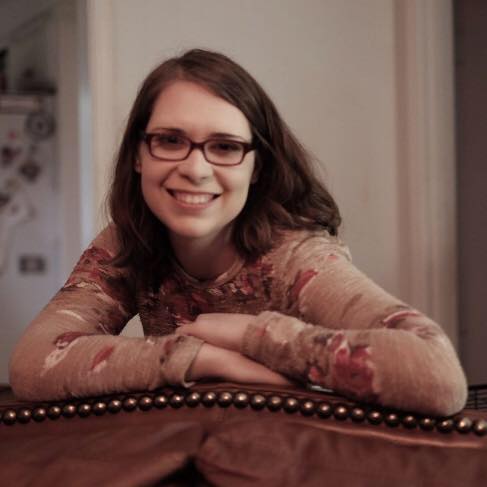|
What do you want your life to look like a year from now? Sometimes when I ask someone what they want in life, they instead tell me what they don’t want. “I don’t want to be depressed.” “I don’t want to be fearful.” “I don’t want to be alone.” “I don’t want to be addicted.” It’s often easier to identify what we don’t want than what we do want. Why is this? THE PROBLEM WITH CHANGE“It would seem that Our Lord finds our desires not too strong, but too weak. We are half-hearted creatures, fooling about with drink and sex and ambition when infinite joy is offered us, like an ignorant child who wants to go on making mud pies in a slum because he cannot imagine what is meant by the offer of a holiday at the sea. We are far too easily pleased.” – CS Lewis What a shocking truth to discover. How do we end up alone? How do we end up addicted? How do we end up unstable? How do we end up in misery? How do we end up in bondage? Our desires are too weak. We want to be healthy, but aren’t willing to change our diet and exercise. We want a godly marriage, but aren’t willing to put in the effort. We want to be at peace, but aren’t willing to take our thoughts captive. We want to have good relationships, but aren’t willing to invest the time necessary. We want to be respected, but aren’t willing to do the hard things. We want to be free, but aren’t willing to do what it takes to experience freedom. OUR FEAR OF CHANGEIt’s easy to assume that our desires are too strong – and to a certain extent, that can be true. Our desires for pleasure, for instant gratification, can be the hardest to overcome. However, I believe that the biggest problem we face is not that we want the wrong thing too much, but that we don’t want the right thing enough. And why is that? All of us can identify some area of our lives we need to and want to change for the better. But day after day, week after week, month after month, things remain unchanged. Why? Because, if we’re honest, the struggle we all face is that we find it easier to manage what is known over what is unknown. As CS Lewis so eloquently stated, we cling to what we know, even though it only makes us filthy and discontent, simply because we cannot imagine the “holiday at the sea” that is offered us – the abundant life Jesus has for us. Our biggest obstacle to change is that we fear surrender. We are afraid of God, so instead of freedom, we live in bondage. THE TRUTH ABOUT CHANGE Let’s be honest. Change is hard. It’s different. It’s scary. It requires a lot of work. So it’s easy for us, with our sin nature, to give up and give in before the victory. When we try to change on our own, we rarely succeed because our effort and discipline are tied in to our motivation. When we reach our goal, we revert back to the starting line. This type of change is called reformation, and there are three key identifiers of this type of change: First, reformation is based on what I do, in my own self-discipline. This change is based entirely on my own ability to tell myself “no.” And if we’re honest, none of us are very good at telling ourselves no. We can do it in the short-term, but rarely do we go the distance. Our ability to tell ourselves no tends to fail when we’ve had a frustrating day (“I deserve relief”) or when we’ve had a great day (“I deserve to celebrate”). It fails when we don’t get immediate results (“What’s the point?”) and it fails when we get what we want (“Now I don’t have to do this anymore”). It soon becomes clear that we’ll take any excuse to tell ourselves “yes” instead of “no.” Second, reformation is change that’s affected from the outside in and is circumstantial. The idea is that if I change the people, places, or things in my life that are sources of temptation, I’ll be able to do the right thing. This can often become a way around our inability to tell ourselves no – when we aren’t able to follow through, we begin to blame other things outside of ourselves. The problem with this mindset is that our circumstances do not make us who we are; they merely reveal who we are. Third and finally, the result of our change being based on circumstances and on our own self-discipline is that the change is temporary. It is simply a matter of time before we revert back to our sinful patterns, because our problem is within us, not outside of us, and none of us has the ability to truly tell ourselves “no” when it’s hard. We might try to convince ourselves we do, but very rarely do we have the ability to do the right thing at the right time regardless of how we feel. the beauty of transformationSo what now? If my problem is within me, if I don’t have the power to tell myself “no,” if all my efforts are bound to fail, how am I supposed to change? You can’t. But God can change you. So if the Son sets you free, you will be free indeed. |
bethany HARRISIn a word: passionate. Archives
December 2018
Categories
All
|


